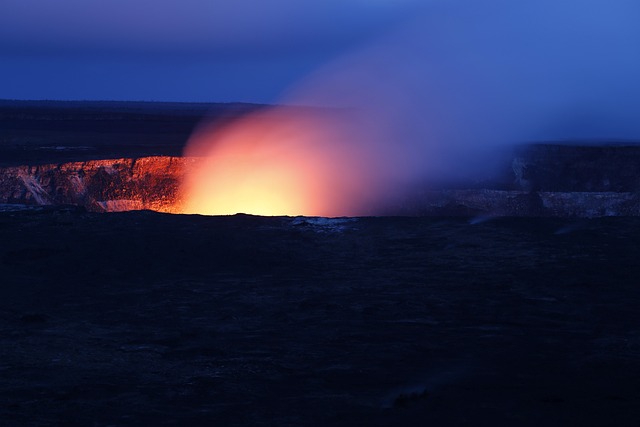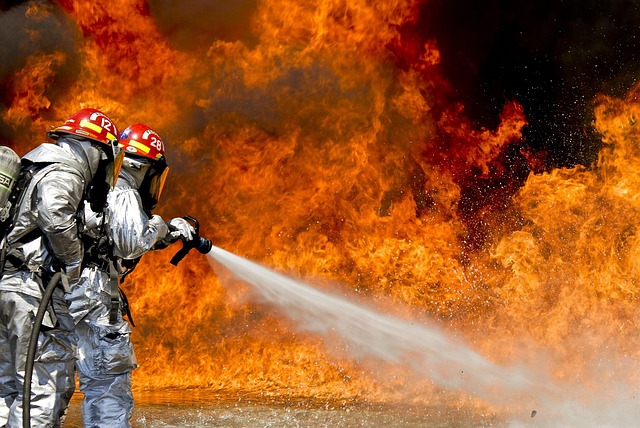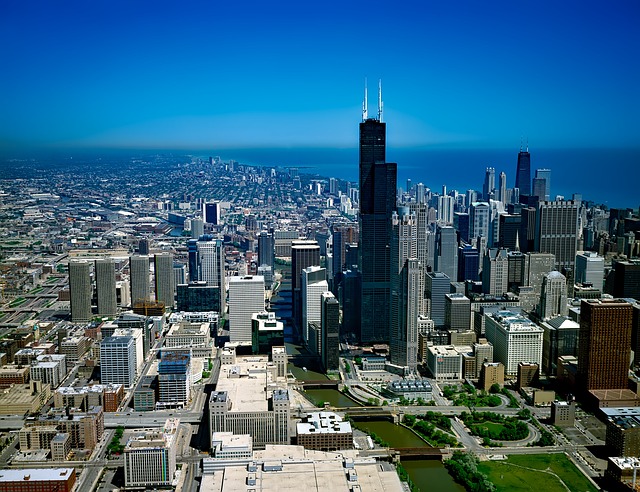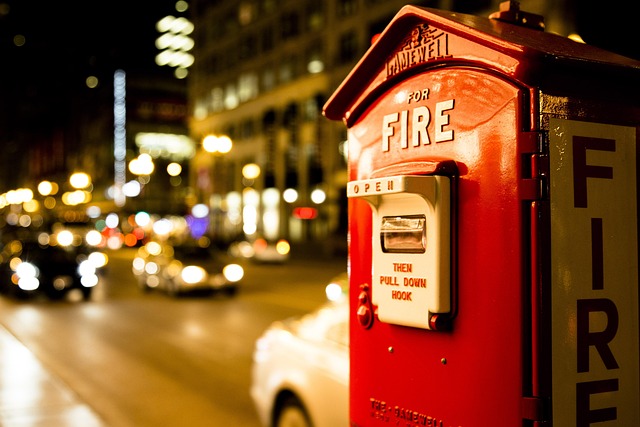The Chicago real estate market offers diverse opportunities for investors, with steady home value growth in neighborhoods like Lincoln Park and Wicker Park. While challenging, buying and selling houses with fire damage presents a unique opportunity. Investors must navigate stringent regulations, assess repair costs accurately, and secure financing to maximize returns after renovations. Strategic evaluation, rehabbing techniques, and compliance with local building codes are key to transforming damaged properties into valuable assets. Disclosure of known defects and understanding insurance implications are crucial for legal and financial considerations in the competitive Chicago market. Profitable niche opportunities exist for investors who turn fire-damaged homes into desirable selling points.
“Chicago’s real estate landscape presents a unique blend of opportunities and challenges, especially for investors navigating the complexities of fire-damaged properties. This article delves into the dynamic market trends shaping Chicago’s real estate scene, offering insights into strategies for investors seeking to thrive in this environment. From understanding fire damage assessment to legal considerations when selling houses with fire damage in Chicago, we explore proven tactics that have enabled successful investor navigation and profit in this niche segment.”
- Understanding the Chicago Real Estate Market: Trends and Opportunities for Investors
- The Challenges of Investing in Fire-Damaged Properties: A Chicago Perspective
- Strategies for Evaluating and Rehabbing Fire-Damaged Homes in Chicago
- Legal and Financial Considerations for Selling Houses with Fire Damage in Chicago
- Success Stories: How Investors Navigated Fire Damage and Turned Profits in Chicago's Real Estate Market
Understanding the Chicago Real Estate Market: Trends and Opportunities for Investors
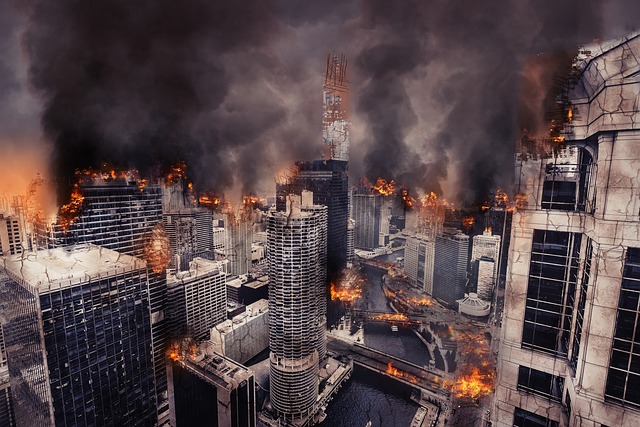
The Chicago real estate market is known for its diversity and resilience, offering investors a vast array of opportunities. Understanding the current trends is crucial for those looking to navigate this dynamic space. Over the past few years, Chicago has witnessed a steady rise in home values, with areas like Lincoln Park and Wicker Park experiencing significant growth due to their proximity to downtown and vibrant neighborhoods. This trend indicates a strong demand for residential properties, especially as young professionals and families seek affordable options beyond the city’s core.
One unique aspect that presents both challenges and opportunities is the presence of houses with fire damage in Chicago. While these properties may require substantial renovation costs, they can be attractive to investors who specialize in rehabilitating homes. With the right strategies and expertise, investing in a selling house with fire damage Chicago can prove lucrative, allowing for significant returns after renovations are complete. The key lies in identifying undervalued properties, assessing repair needs accurately, and securing financing to capitalize on this niche market opportunity.
The Challenges of Investing in Fire-Damaged Properties: A Chicago Perspective
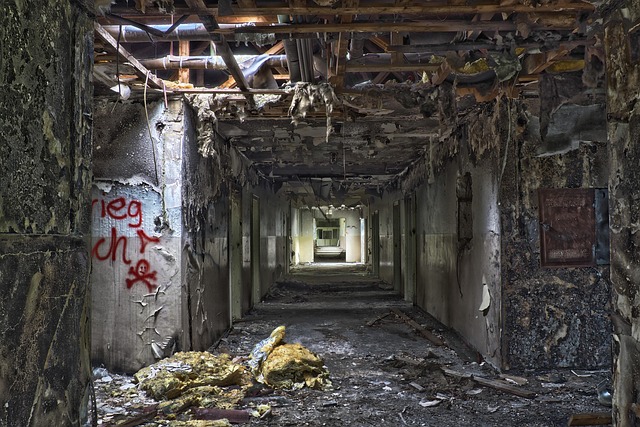
Investing in real estate can be a lucrative venture, but it’s not without its challenges, especially in areas like Chicago known for their diverse neighborhoods and unique market dynamics. One significant hurdle that investors often face is purchasing properties with fire damage. Chicago, with its rich history and varying architectural landscapes, has seen numerous buildings affected by fires over the years, making selling houses with fire damage a complex process.
When it comes to selling a house with fire damage in Chicago, investors must navigate through stringent regulations and potential legal issues. Local building codes and safety standards often require extensive repairs and renovations before such properties can be re-occupied or sold. Investors need to thoroughly understand these guidelines to avoid costly mistakes and delays. Additionally, the insurance aspect plays a crucial role; buyers will want to ensure that the seller has adequate coverage for the damage, which may impact negotiation processes.
Strategies for Evaluating and Rehabbing Fire-Damaged Homes in Chicago

When considering a selling house with fire damage in Chicago, investors must employ strategic evaluation and rehabbing techniques. The first step is conducting a thorough inspection to assess the extent of the damage—from structural integrity to potential hidden hazards. It’s crucial to consult professionals who can accurately gauge the costs for necessary repairs, ensuring that the investment aligns with market expectations post-rehab.
During the rehab process, investors should focus on restoring not just visible repairs but also addressing potential health and safety issues stemming from fire damage. This might include replacing insulation, reinforcing structural elements, and decontaminating areas affected by smoke or water damage. By prioritizing these aspects, Chicago real estate investors can effectively transform a damaged property into a valuable asset while adhering to local building codes and regulations related to selling house with fire damage in the city.
Legal and Financial Considerations for Selling Houses with Fire Damage in Chicago
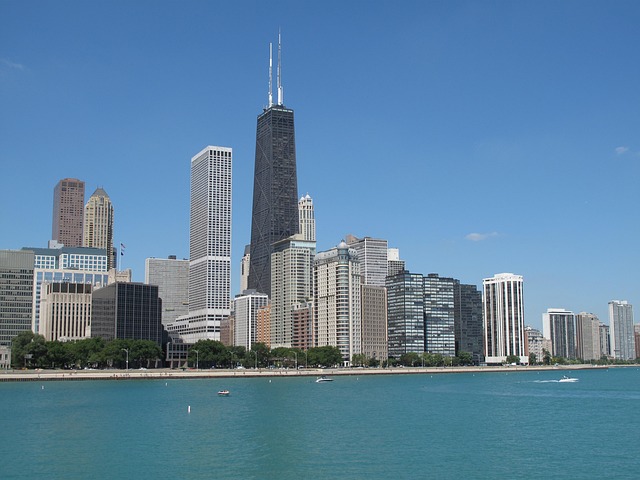
When considering to sell a house with fire damage in Chicago, legal and financial aspects require careful attention. In Illinois, sellers are typically required to disclose any known material defects, including those stemming from fires. This means that transparency is key; potential buyers have the right to inspect the property and may seek legal recourse if they discover undisclosed issues.
For financial considerations, repairs after a fire can be significant. Investors should get accurate estimates from reputable contractors and consider whether the cost of renovations will surpass the property’s pre-fire value. Additionally, insurance policies play a crucial role. Reviewing coverage carefully and understanding deductibles is essential to navigate the financial implications of selling a damaged property effectively in the Chicago real estate market.
Success Stories: How Investors Navigated Fire Damage and Turned Profits in Chicago's Real Estate Market
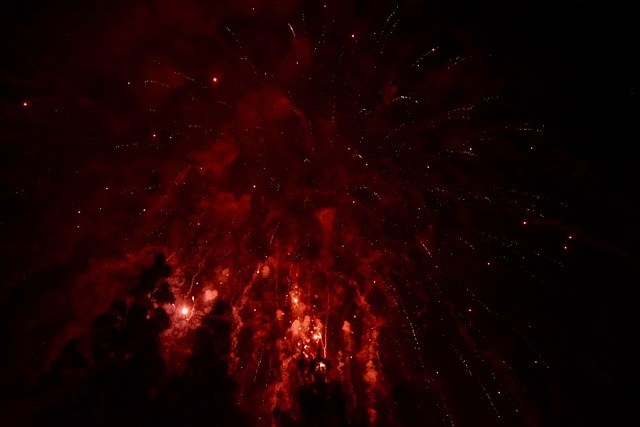
In the competitive Chicago real estate market, where every advantage counts, some investors have emerged as trailblazers, transforming challenges into profitable opportunities. A testament to this is their remarkable ability to navigate and profit from fire-damaged properties. Many a time, when a house in Chicago sustains fire damage, it’s often seen as a significant setback, with potential buyers deterred by the repair costs and logistical headaches. However, astute investors view these as unique entry points into the market.
These visionary real estate investors don’t shy away from such opportunities; instead, they strategize to turn these damaged properties into lucrative investments. By carefully assessing the extent of damage and the potential for renovation, they offer fair prices to homeowners facing difficult circumstances. This not only provides relief to those in need but also allows investors to acquire properties at a fraction of their true value. Subsequently, through meticulous restoration work, these investors transform the selling house with fire damage Chicago into a desirable asset, ready to captivate new buyers and generate substantial profits upon resale.
Chicago’s real estate market, despite challenges posed by fire-damaged properties, offers significant opportunities for investors willing to navigate its unique landscape. Understanding current trends, implementing strategic evaluation and rehabbing techniques, and addressing legal and financial considerations are key to success in the selling house with fire damage Chicago market. As illustrated by the success stories featured here, investing in fire-affected areas can result in lucrative returns, highlighting the resilience and potential for growth within this dynamic city’s real estate tapestry.


